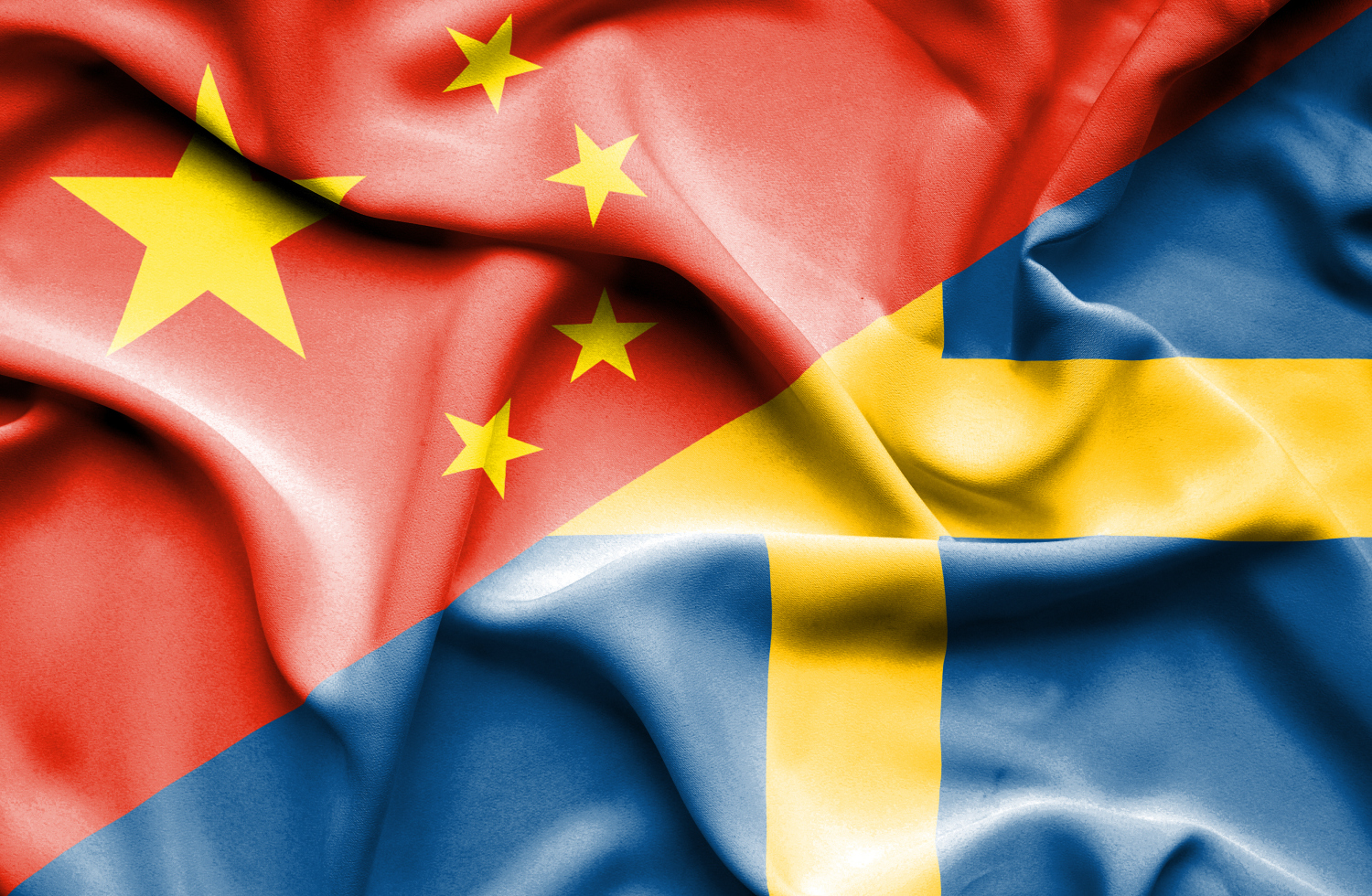
China has major economic interests in Sweden, mainly in strategic industries in western Sweden. According to China expert, it is not unproblematic and can affect Sweden’s ability to talk freely about China. Other Swedish experts believe that there is a clean difference between private companies and the Chinese state.
According to a 2019 report from The Swedish Defense Research Agency (FOI), Chinese acquisitions of companies have increased sharply in Sweden. Of the companies, almost a third are in western Sweden and of their around 60,000 employees, 40,000 are in the same region which is mainly due to the Chinese car company Geely’s multi-billion investments in Volvo Cars and Volvo AB. The report shows that China has taken control of 51 companies and also bought minority holdings in 14 companies after 2002. Most after 2014 and the largest activity were in 2017. Since the report was presented in 2019, around five more company acquisitions have been added.
This growing economic dependence on China can become a problem when Sweden wants to express its opinion on China’s policy, on the abuses against democracy in Hong Kong, and on violations of the human rights of the Muslim Uighurs in the Xinjiang region. To Swedish media Expressen, China expert Fredrik Fällman who is an associate professor of sinology at the University of Gothenburg says that representatives of the business community are sometimes naïve and naivety is dangerous. “It is not unproblematic to trade with China. It can make Sweden withdraw to speak freely and we should not be silent when abuse occurs,” he says.
“We must be careful with large Chinese companies where there is a risk of its government interests. It can create problems for Western Sweden and the Volvo Sphere if there is a conflict in some way and they would stop their investments, he says. Fredrik Fällman emphasizes that China is an economic power and a natural part of the world economy. Sweden should therefore act in a coordinated manner through the EU when it comes to criticism and measures against China.
However, Johan Trouvé, CEO of the West Swedish Chamber of Commerce explains that the very strong ties between Gothenburg and China date back to the 18th century and he does not see that change. “One must carefully distinguish between the Chinese state and private companies. It is a preconceived notion that everything is connected to the state. Volvo has private investors, doing business with the state is another matter”, he says.
Former Minister of Trade and Industry Björn Rosengren also emphasizes how important economic relations between Sweden and China are. To Expressen, he says that the Ambassador of China’s recent thread to Swedish journalist Jojje Olsson is extremely serious from a freedom of expression perspective. But to demand that the Ambassador be deported is just adding fuel to the fire he says and adds the matter may resolve itself and that the Chinese are usually more diplomatic.
He explains that Volvo today is incredibly successful thanks to Chinese Geely and that Sweden has always worked with “complicated countries” – in South America, Iran, Iraq – but still successfully managed to maintain production and sales. He says that it is also not in China’s interest to close down Volvo as a way of putting pressure on Sweden because it is difficult to move production to China.
“China is a dictatorship so it is clear that there can be problems over time. Swedish politicians have such great integrity that they do not give in. But business is business, so it can have an effect,” Björn Rosengren says.
